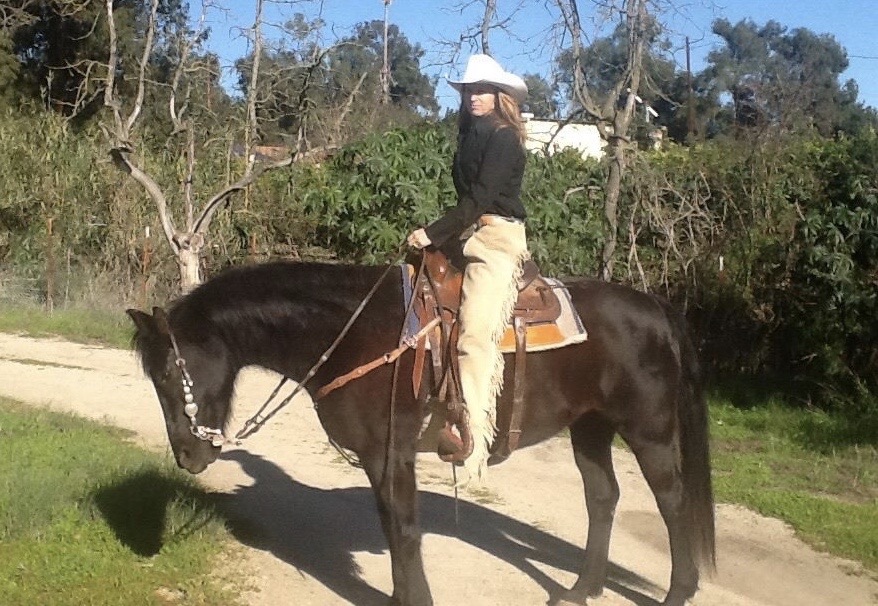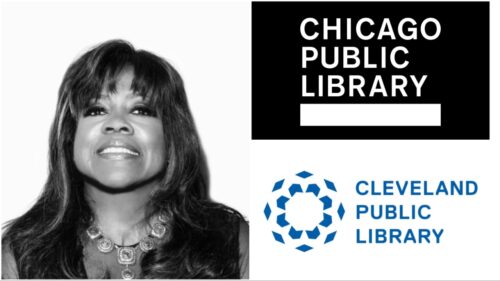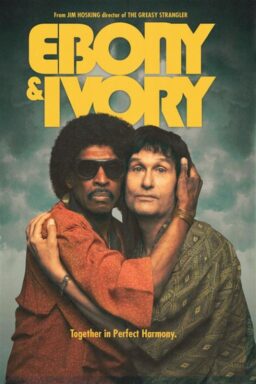In addition to being the publisher of Rogerebert.com, I wear the hat of a producer of film and television through Black Leopard Productions and Ebert Productions. There, I concentrate on films or projects by and about women, or on roles that empower women to step forward in a big way in the world to courageously fulfill their dreams and ambitions. Today I am presenting the stories of three such women who each found a different path to filmmaking, and to whom I offer support. Chaz Ebert
WENDY WOLVERTON: DIRECTOR: and PRODUCER AND SCREENWRITER OF “STAGECOACH MARY”
When someone said “can’t” to Mary Fields, she put her shoulder to the grindstone and pushed harder. That’s what attracted me to her character when I first read about her in a book on western history quite a few years ago. That and the fact that she became a stagecoach driver in Montana circa 1885, and I rode across the western half of the United States with a stagecoach in 1976. Kindred spirits! Mary was tough, strong, stubborn, and a survivor. When she set her mind to something, she did it. That’s me. I set out over thirty years ago with a dream, to write and direct movies. I grew up riding horses, working with stagecoaches, and loving good, old western movies. I would make them.
But western movies went out of vogue. The audiences turned away from the original ‘action’ movies in favor of effects-driven computer-generated stories. Westerns were ‘old hat’, literally. And maybe blame that on trends and taste, or maybe it’s the fault of the filmmakers. Because audiences are fickle, but they are true. If they like something, they watch it. If they don’t, they don’t. Other than a few exceptions, writers and filmmakers of westerns have rehashed the same old stories with the same plots, since the beginning. It’s about revenge. Retaliation. Somebody killed somebody. Somebody needs to get even. You have your gunfighters, your town sheriff, your rootin’ shootin’ cowboys, your prostitutes. If these were the only stories and characters in the old west, how did it ever progress to our modern world?
I still want to make western movies. I have found so many true and untold stories of the late 19th Century and early 20th Century, that tell the REST OF THE WEST. If western films were good, and engaging, with original stories, interesting and relatable characters, wouldn’t audiences still go see them? That has driven me as I’ve researched and written historical screenplays. But the world puts a lot of weight on your shoulders. And it’s so hard to throw it off. If you have a goal, the heavier the weight of the world, the harder it is to achieve it, or believe it is even possible. And yet Mary Fields pushed through all the obstacles to become the first African-American to work for the U.S. Postal Service. She was an achiever. She is my hero.

That’s what I saw in the character of Mary Fields, and why I wrote “Stagecoach Mary and Mother Amadeus.” I saw a woman who lost half of her life and her family to slavery; to rise above the intolerance of the era, to become lifelong friends with a woman who was the polar opposite of herself; and to help build a mission and educate native children in frontier Montana. She fought racism, bigotry, chauvinism, despair, and loneliness; and overcame all to find a new family amongst these diverse people. She rose from nothing to greatness not through cheating, lying, or dishonesty; but through strength of character, and strength of hard work. She had integrity and grit to spare.
And from what I read in doing my research for the screenplay, Mary had humor. She and Mother Amadeus both dealt with problems through wit. And that was the other thing that shone for me: In a time when the frontier was new, they survived by being resourceful, intelligent, hard working, and often very funny. That’s what has kept me going, and helped lessen the weight from my shoulders. The traits I saw in Mary, I found in myself. She had conviction, tenacity, physical and mental strength. And she was a heck of a stagecoach driver!
What a friendship! What a story! A western? It can be done. Just like Mary busted through the saloon doors with a swagger and became the first woman to be legally allowed to drink in a saloon in Montana, so shall I bust through and get her true story told to the world!











